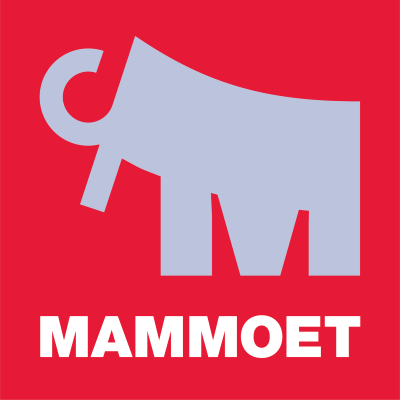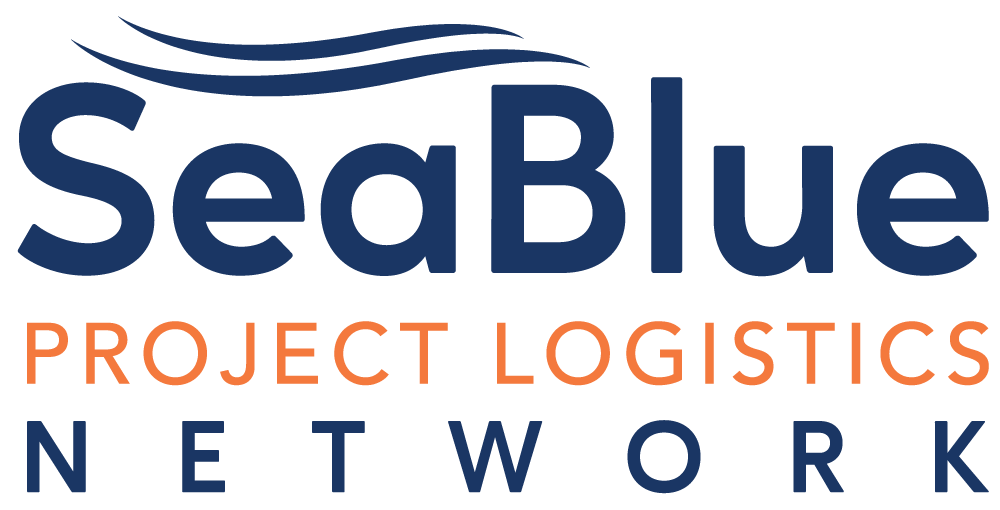Gjorgji Milenkovsk, Managing Director of Gateway Logistics highlights the company’s journey from a small startup to a leading player in logistics. He covers key milestones in their growth, how they scaled operations, and the strategies driving their success. He also looks ahead at Gateway Logistics’ expansion plans, including investments in technology, broader market reach, and strengthening their position in the logistics industry.


2026 event by the numbers
Breakbulk Middle East 2026 Highlights
Breakbulk Middle East 2026 brought together global industry leaders, innovative project cargo solutions, and powerful conversations shaping the future of breakbulk and heavy lift in the region. Relive the moments that mattered most—from the exhibition floor to the conference programme.
Who exhibited in 2026?
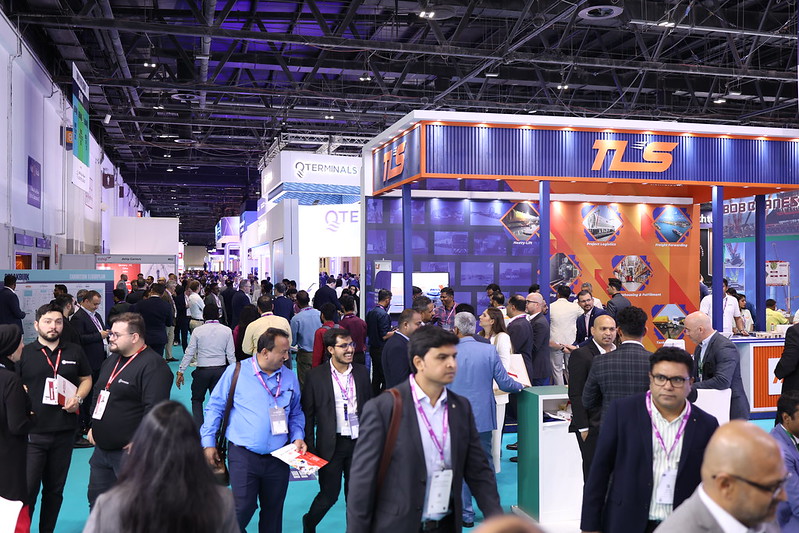
Exhibit at Breakbulk Middle East
Showcase your solutions to 13,000+ industry professionals. Discover why 75% of our exhibitors return for new leads, connections, and business growth each year. Why exhibit?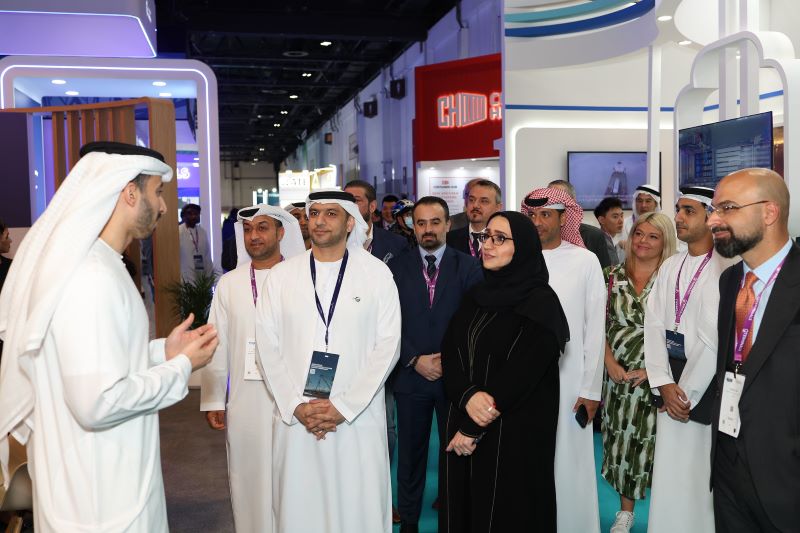
Visit Breakbulk Middle East
Join 13,000+ professionals at the region's premier project cargo event and meet over 250 exhibitors from the breakbulk industry. Build valuable connections across two days. Why visit?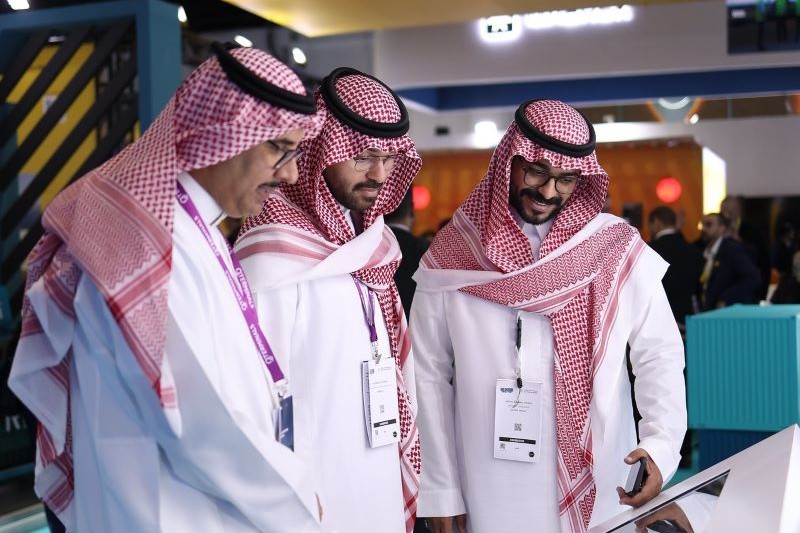
Stand out at Breakbulk Middle East
Make an impact: Showcase your brand pre-show, onsite, and post-show with tailored sponsorships designed to maximize your visibility. Why sponsor?Be part of Breakbulk Middle East 2027
The region’s leading breakbulk and project cargo event is coming back bigger than ever. Register your interest now to be the first to hear about exhibitor opportunities, speaker announcements, and key dates.
Breakbulk Middle East interviews
Sue Donoghue, CEO of DHL Global Forwarding Saudi Arabia, discusses the scale and complexity of Saudi Arabia’s giga projects and DHL’s role in enabling them with innovative logistics - from advanced warehousing and digitalisation to sustainable solutions. DHL is investing over €500 million in Saudi Arabia and the UAE by 2030 to expand capacity, modernize infrastructure, and support Vision 2030, meeting the demand for smarter, faster supply chains ahead of major global events like the World Expo.
CEO DHL Global Forwarding Saudi ArabiaPeter Rondhuis, CEO of Roll Group, highlights the enormous demand for heavy transport in the Middle East - so high that even with two new ships joining the fleet this year, it’s still not enough. However, the uncertainty around future fuels has put additional newbuilds on hold. Rondhuis shares his insights on the industry’s biggest challenge: will the future of shipping be ammonia, methanol, or even nuclear? And how long can companies afford to wait before making a move?
CEO Roll GroupHEAR FROM LAST YEAR'S ATTENDEES
JOIN US AT BREAKBULK MIDDLE EAST
Don’t miss your chance to be part of Breakbulk Middle East - the region’s premier project cargo and breakbulk event!
Frequently asked questions
Breakbulk Middle East is the region’s premier event for project cargo, breakbulk, and logistics professionals, bringing together industry leaders, experts, and businesses across the supply chain. Find out more about why you should attend Breakbulk Middle East.
Breakbulk Middle East 2027 will take place on 2-3 February in Dubai, UAE.
The venue is Dubai World Trade Centre, Halls 5, 6, 7, 8 & Pavilion. Start planning your visit here.
2 February, 10:00 - 18:00
3 February, 10:00 - 17:00
The event attracts a diverse audience, including EPCs, energy companies, freight forwarders, ports, carriers and equipment providers. With attendees from over 125 countries, it’s a valuable networking hub for professionals from around the world and across all segments of the supply chain. Interested in exhibiting?
There are multiple ways to get involved—join as a visitor, exhibit to showcase your solutions, or consider sponsorship to gain maximum visibility. Learn more about exhibiting here.
Industry Insights
From Disruption to Direction
Corridor Resilience: The Gulf’s New Priority
Gulf Investors Fast Track African Industrialization
The Middle East: “The World’s Most Active Energy Market”
Will AI Help or Hinder Diversity within the Maritime Industry?
Rita Al Semaani Jansen: The Road Less Traveled
How To Make AI Work at Scale in Logistics Operations
Join the Breakbulk Community

Breakbulk Global Shipper Network
The Global Shipper Network is an exclusive network of senior breakbulk and project cargo owning shippers involved in the engineering, manufacturing and production of industrial projects and project cargo. Access exclusive learning and networking opportunities and join today!
Join the Global Shipper Network
Global Event Partners
If you do business in more than one region in the world, your marketing program should reflect your coverage. The Global Event Partner program is designed to support your business goals through our three events in Dubai, Rotterdam and Houston. Become a Global Event Partner to maximise your reach to key decision-makers.
Become a global event partner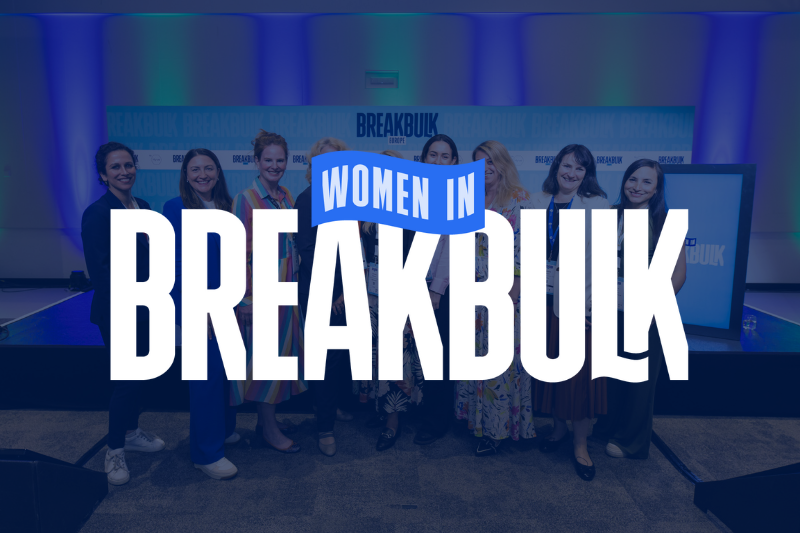
Women in Breakbulk
Become a member of the Women in Breakbulk networking group to stay in contact with other members all year round. Fill out the form and be sure to include your photo and advice to other women. All members receive free entry to the Women in Breakbulk Lounge at Breakbulk Europe and early access to tickets.
Join the CommunityThe Breakbulk portfolio of events
.png)
Join us in Houston 22-24 September 2026 at the largest event for the breakbulk & project cargo market in the Americas.

Join us in Rotterdam on 16–18 June 2026 at the world's largest project cargo and breakbulk event.
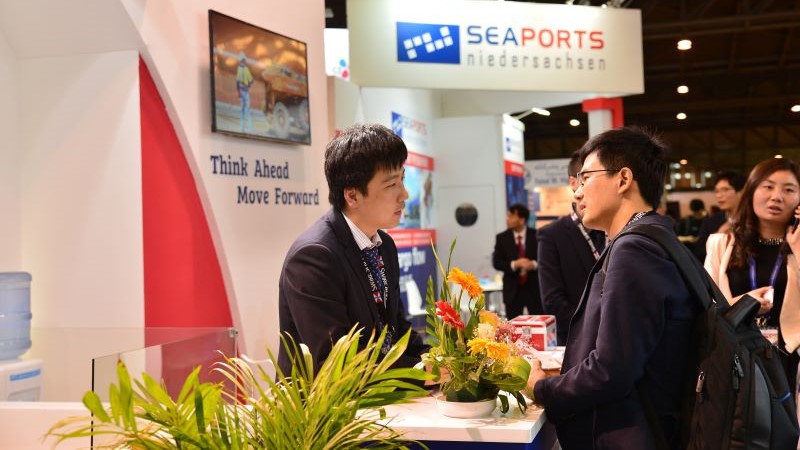

Join us in Singapore 18-19 November 2026 for Breakbulk Asia where major project contracts take shape, new partnerships form, and business gets done.

_2.jpg?ext=.jpg)
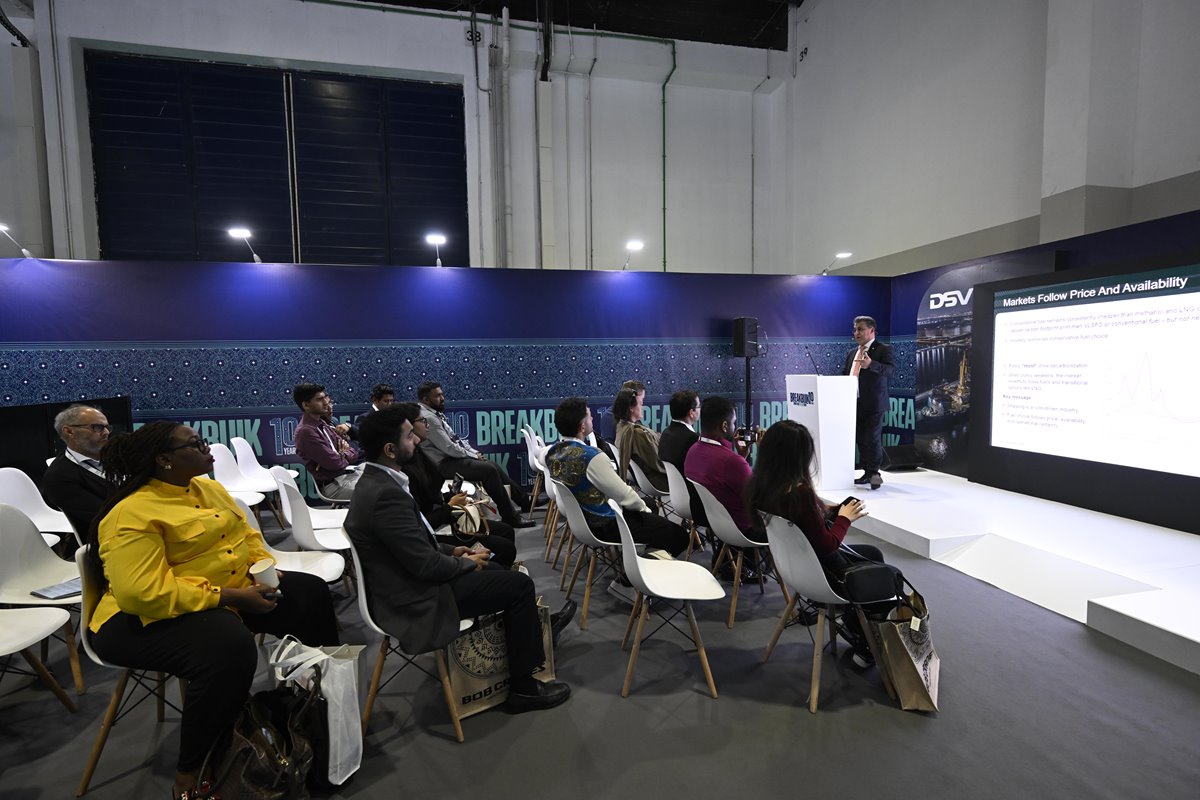
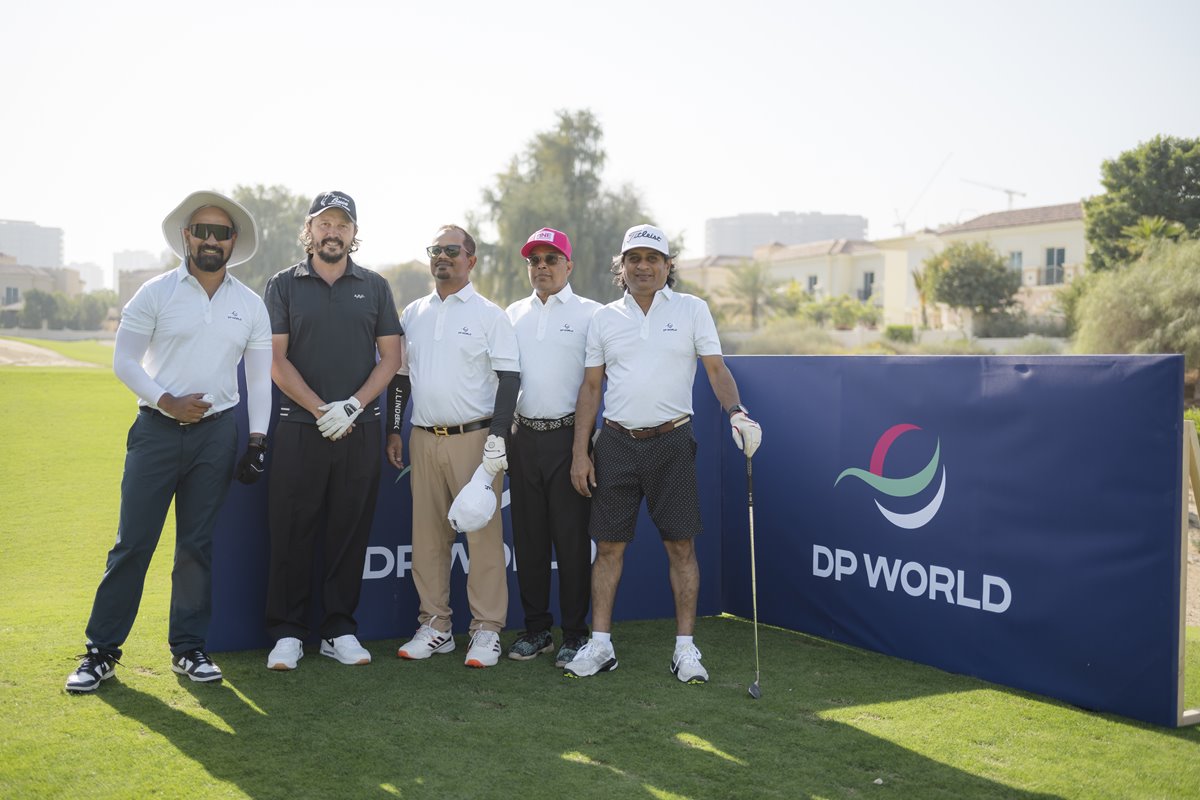
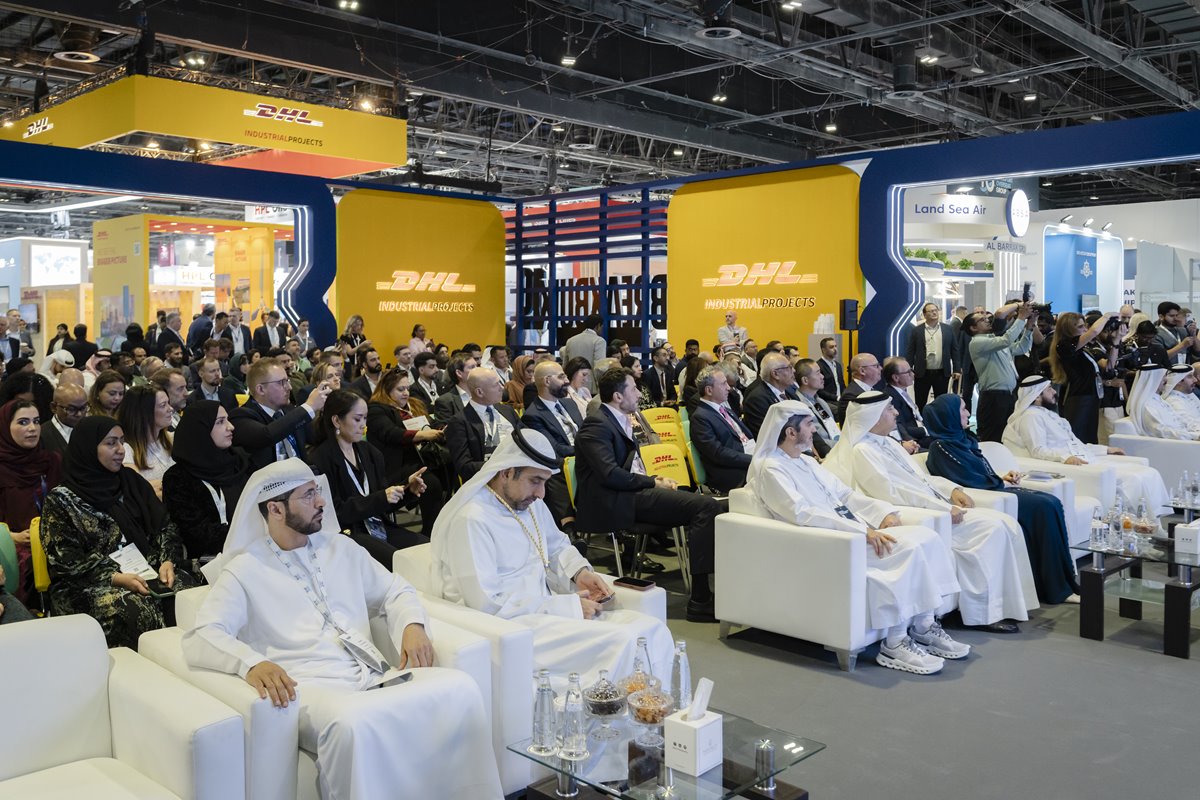
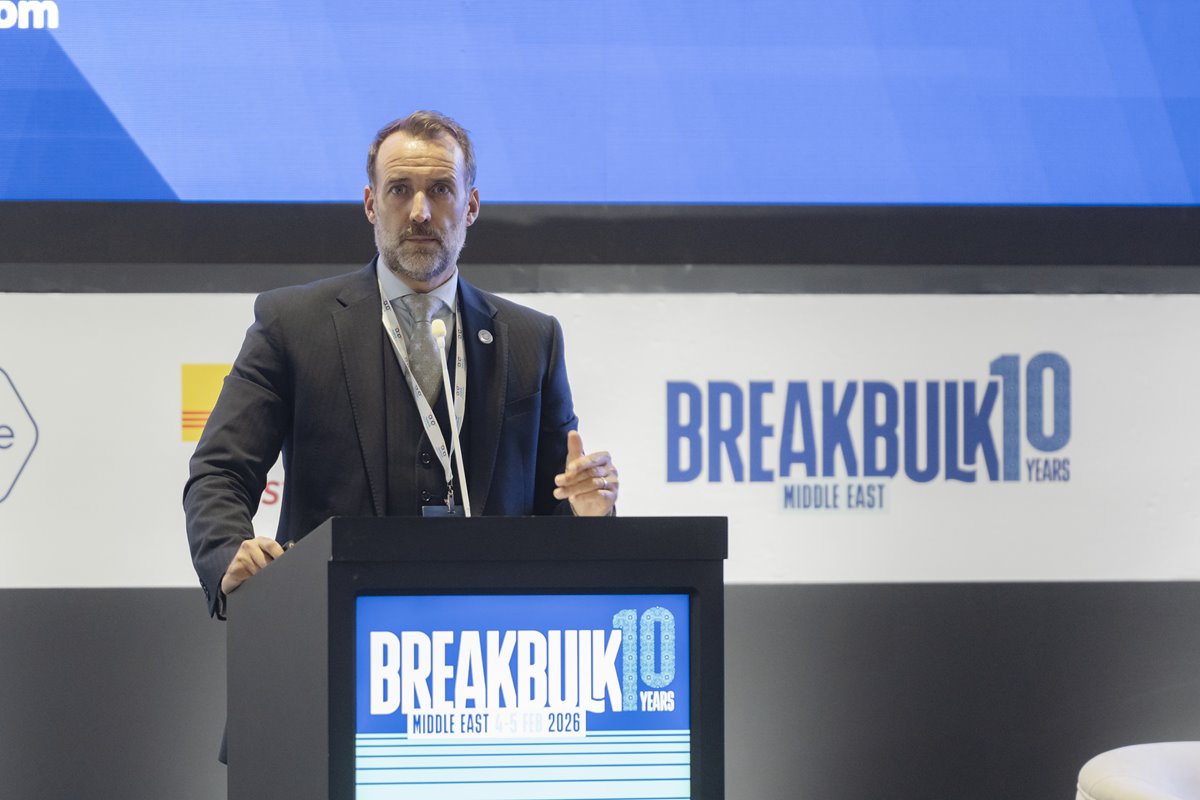

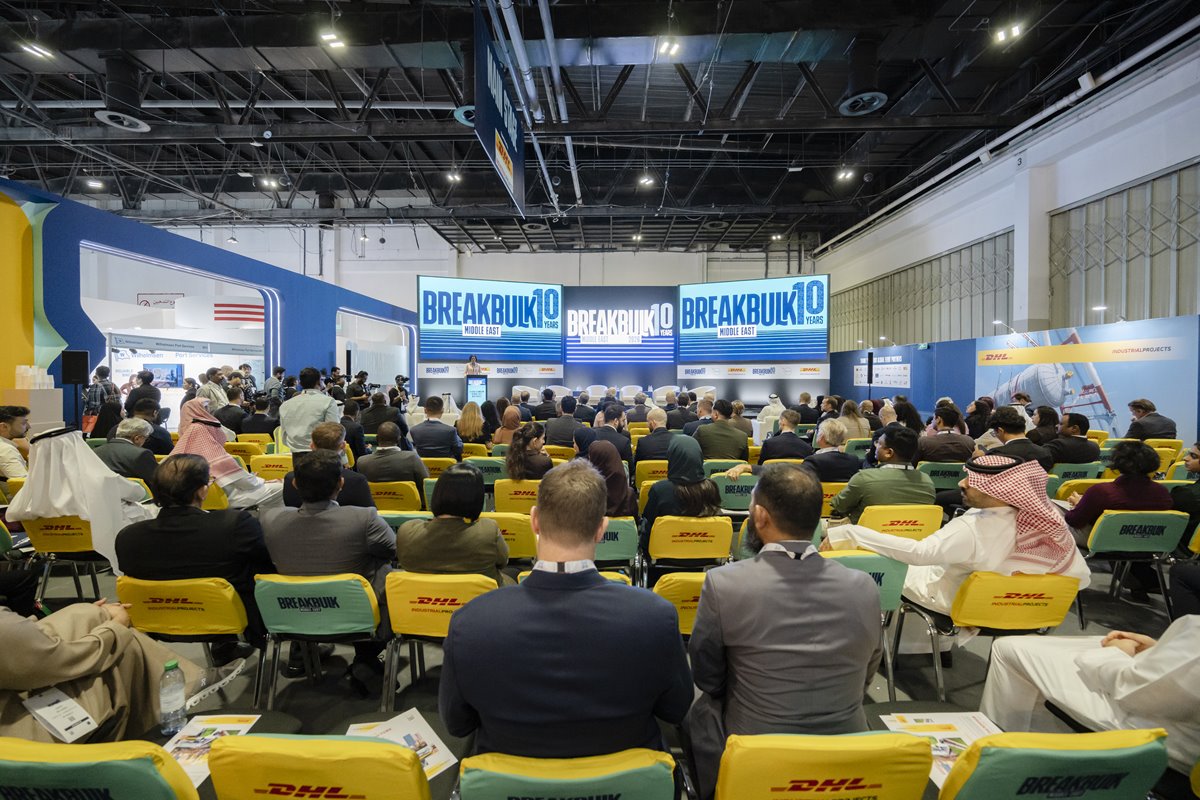
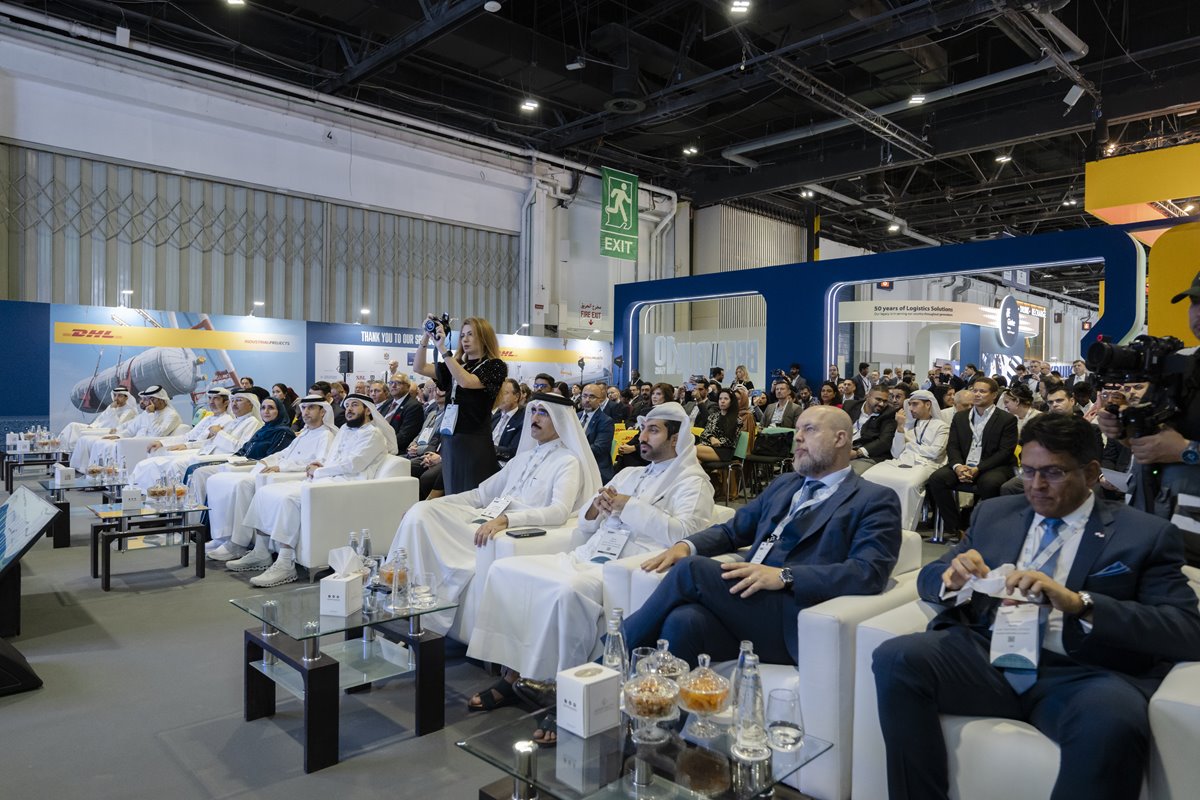
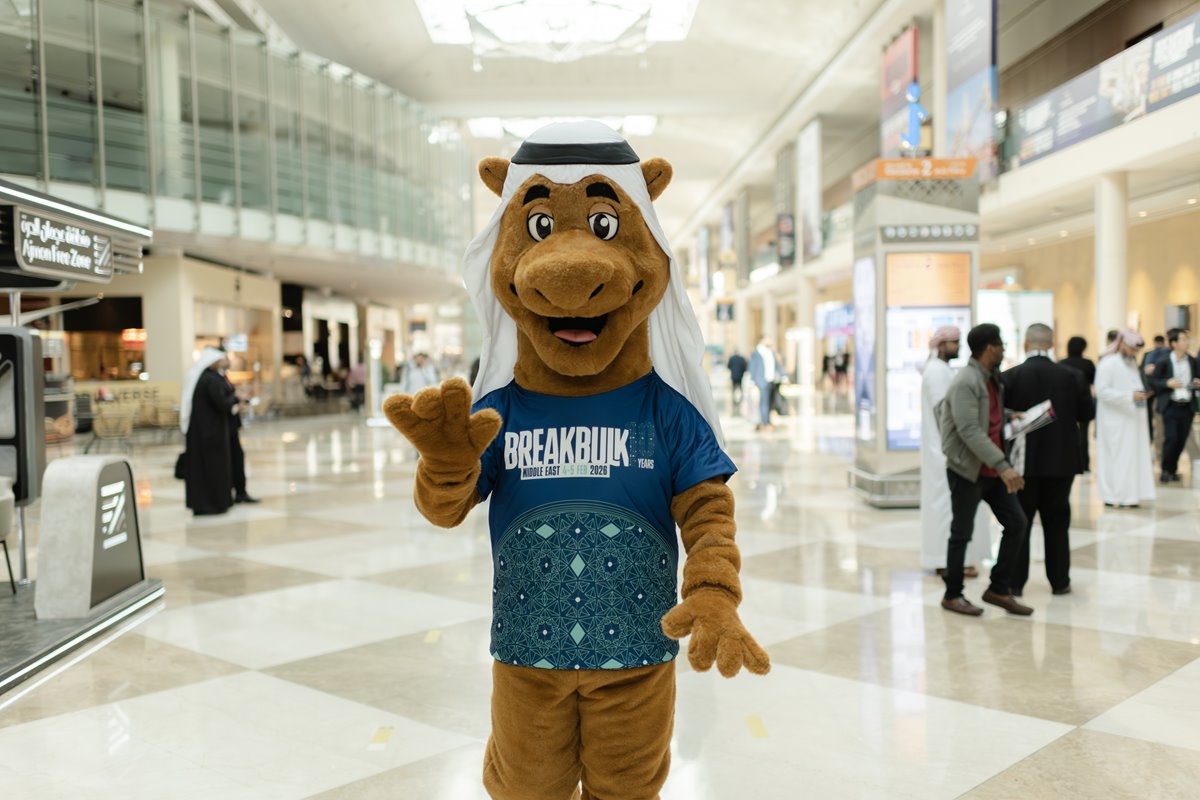
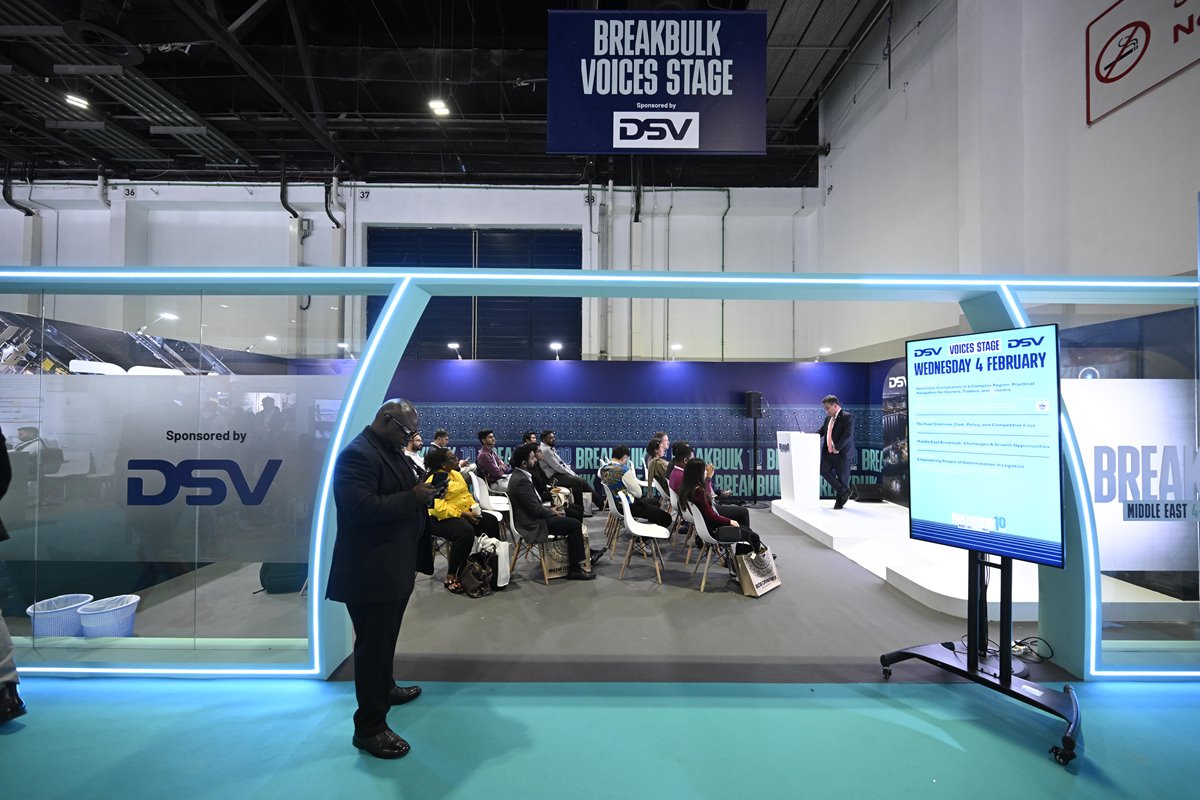
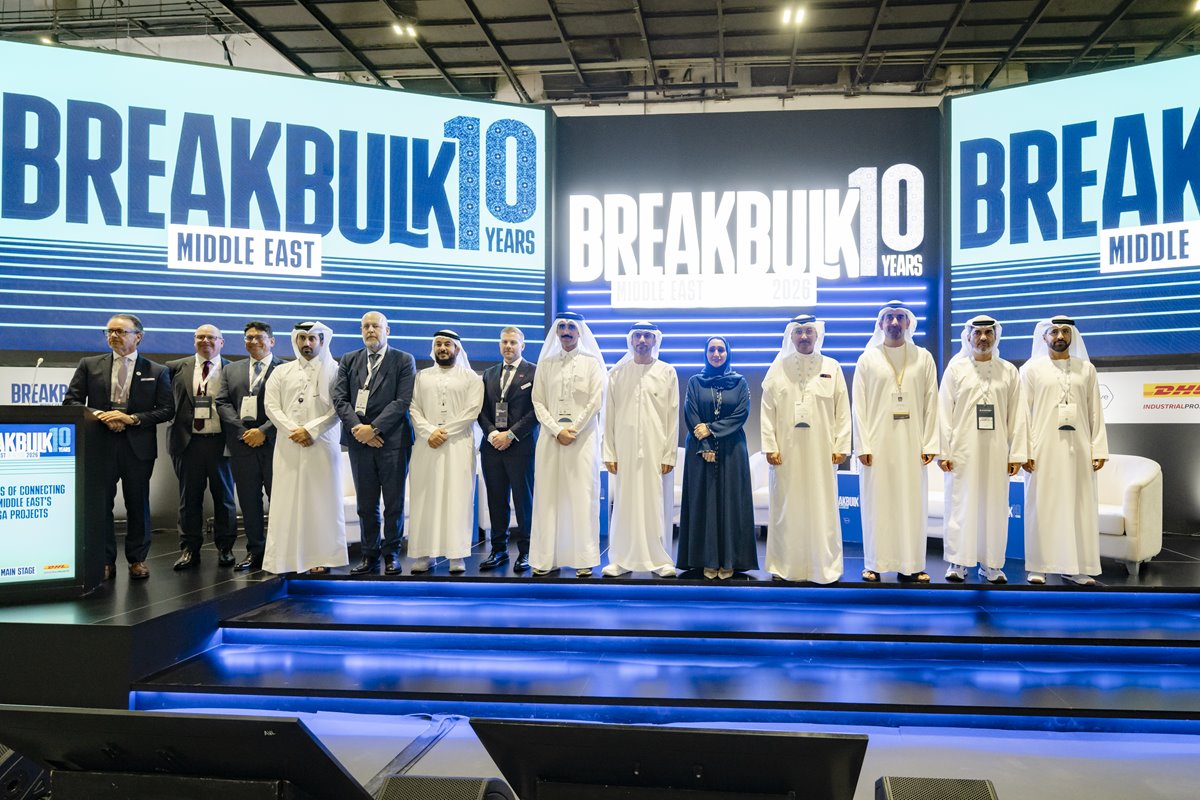
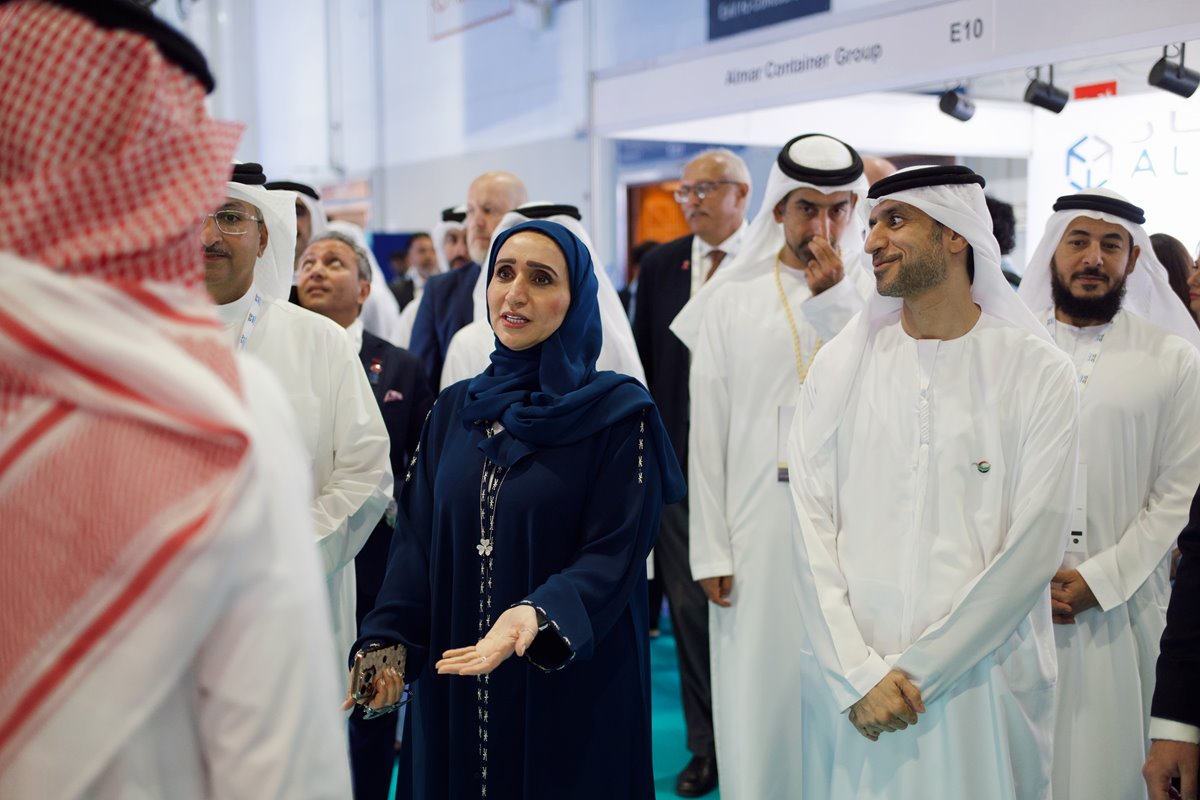

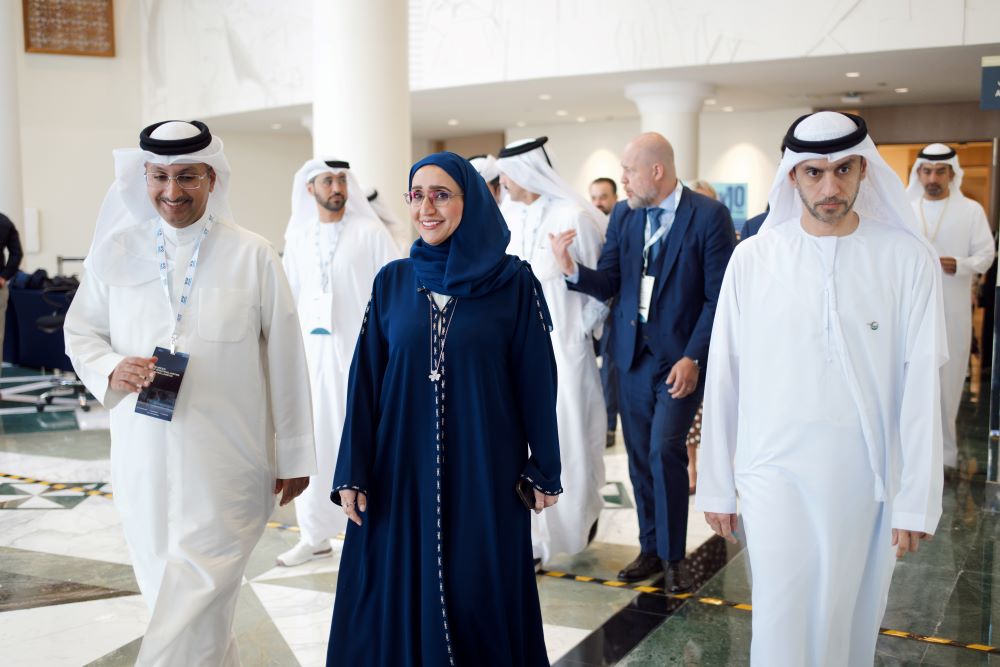
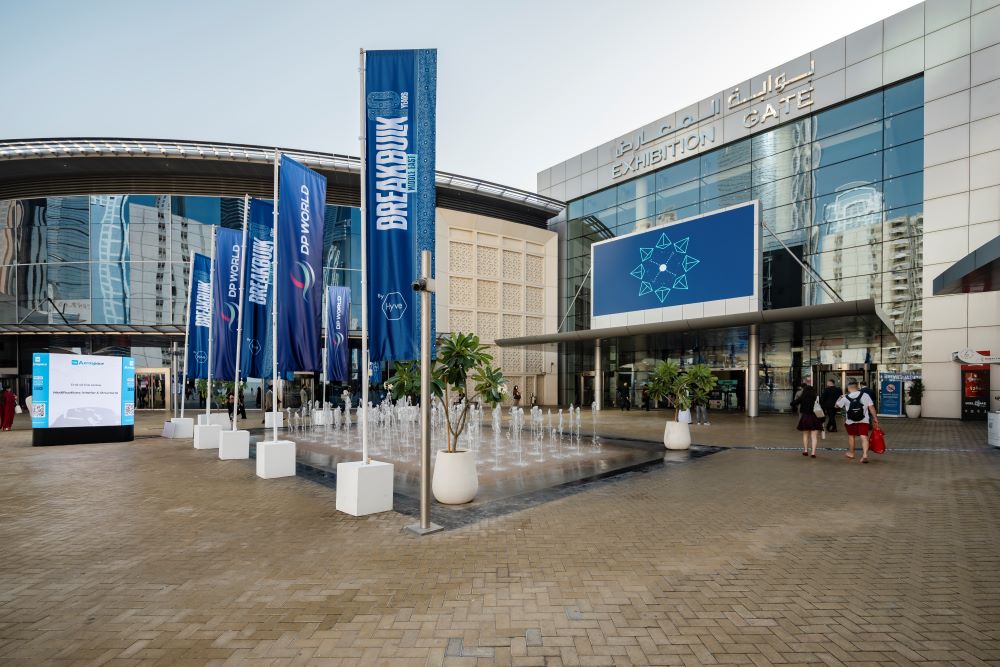

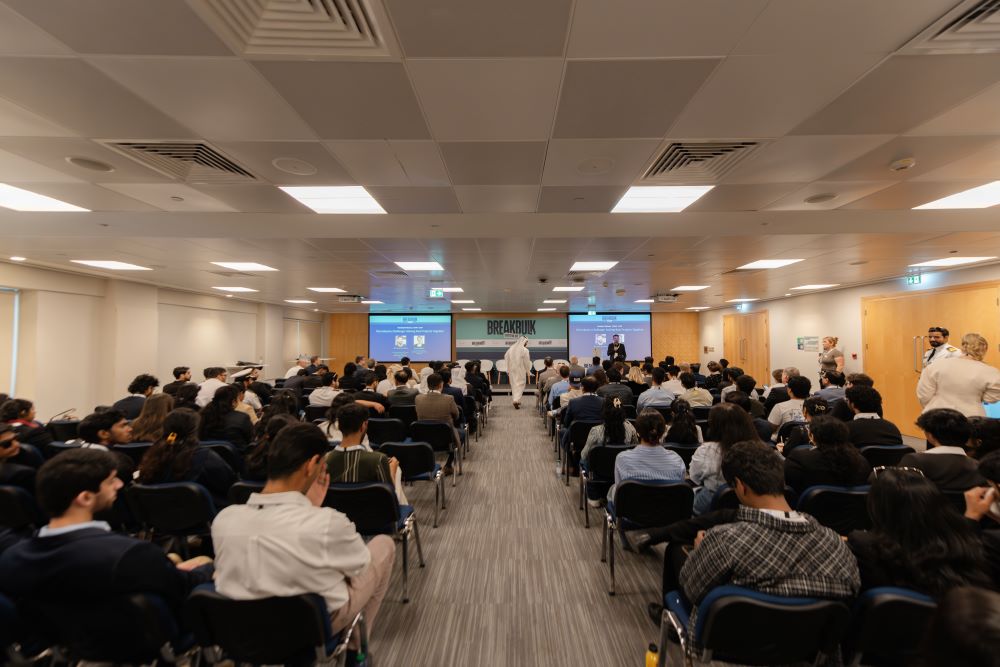
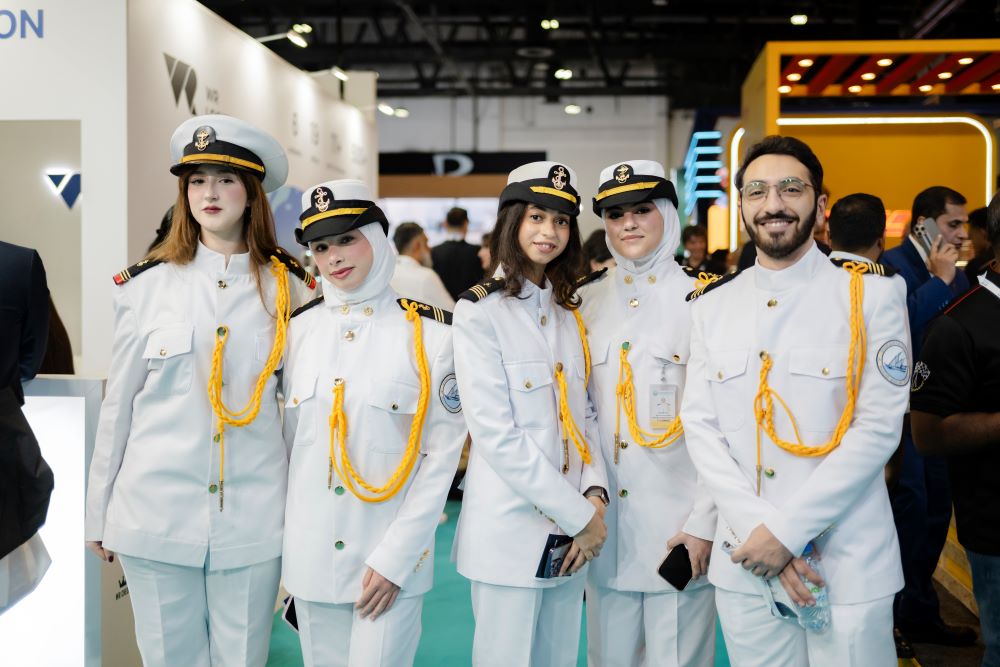
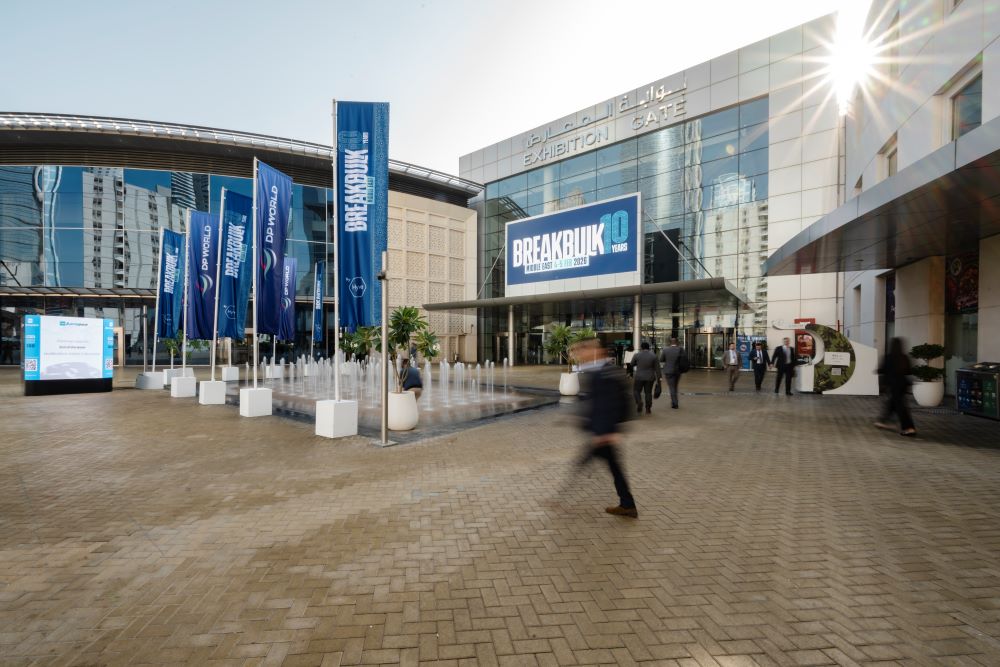
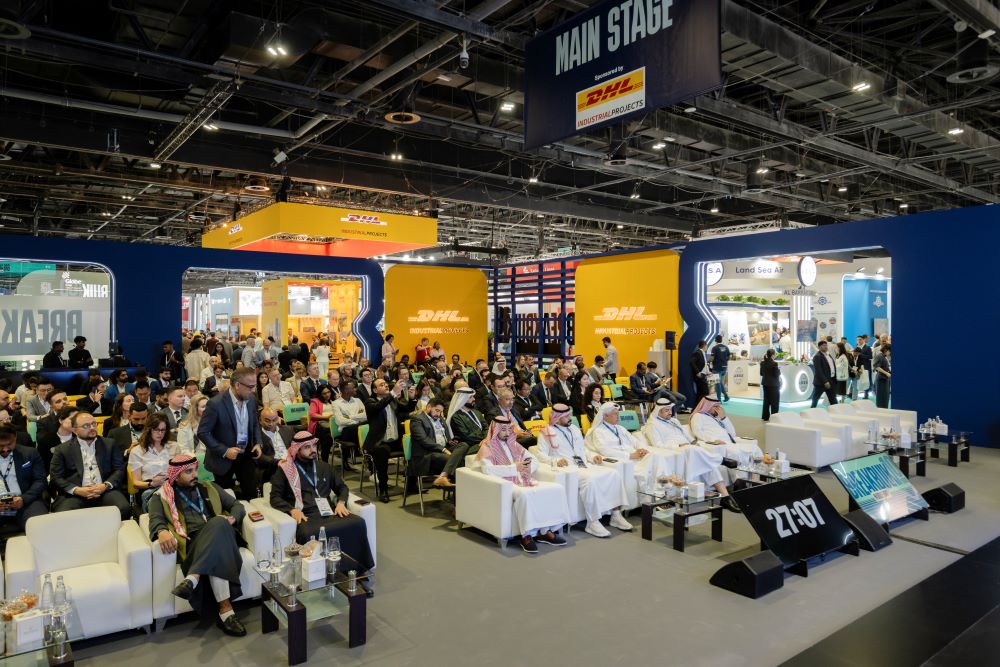
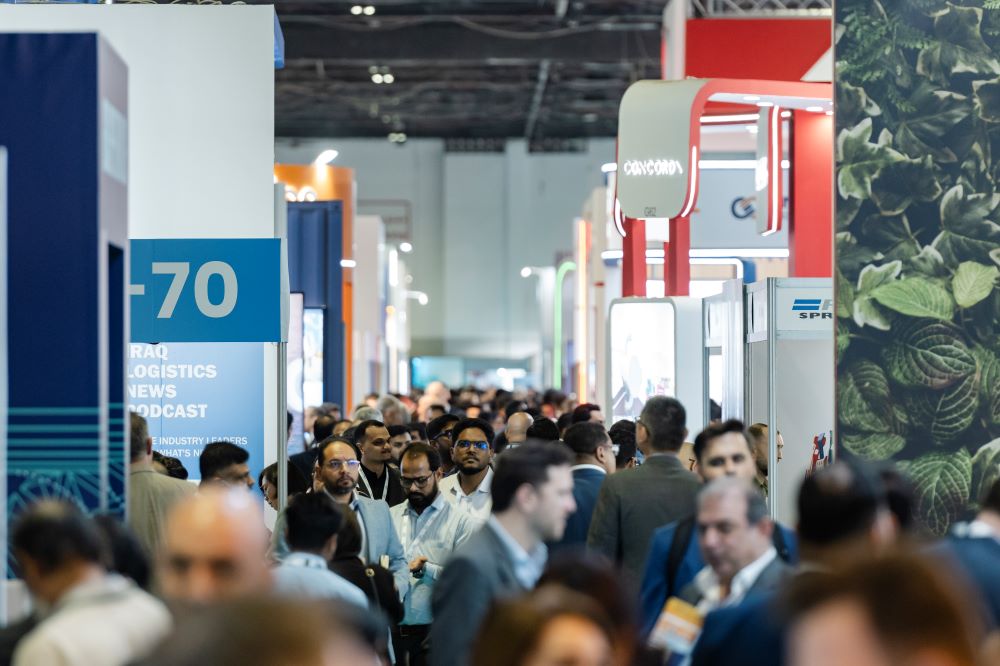
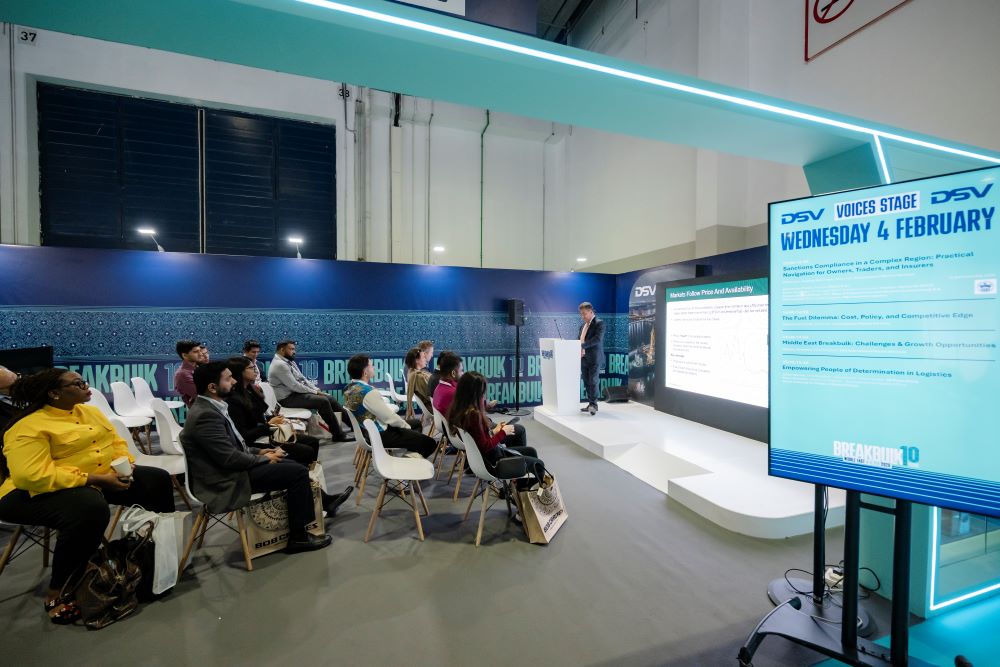
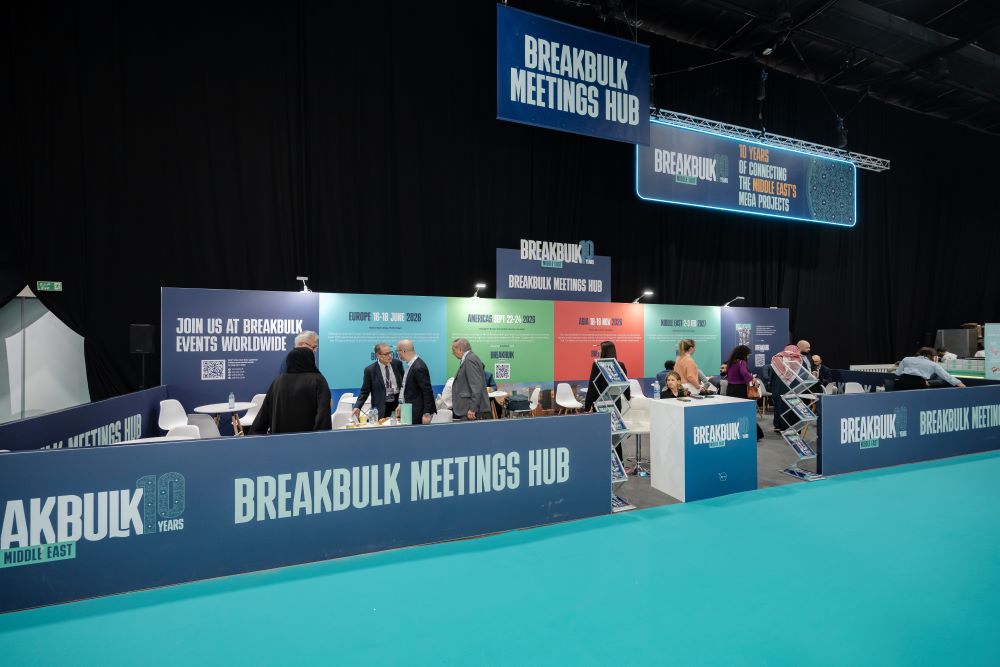
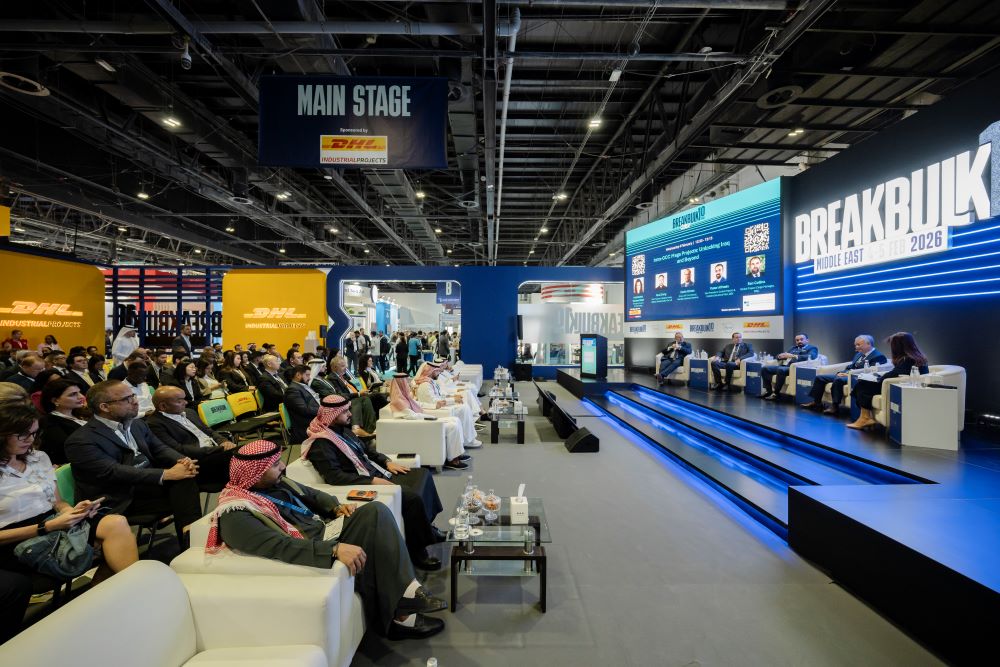

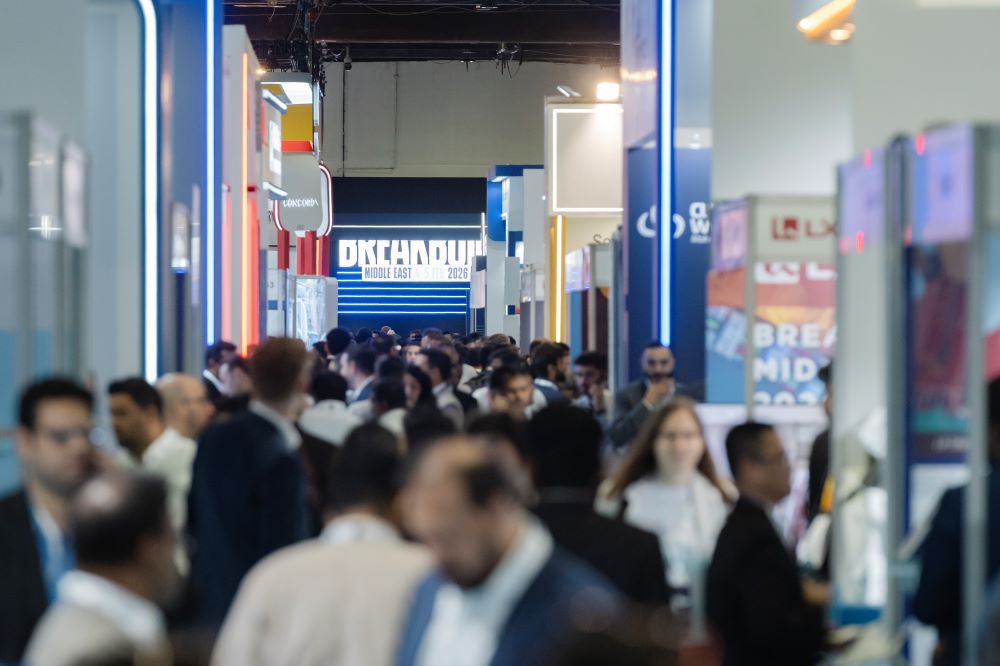


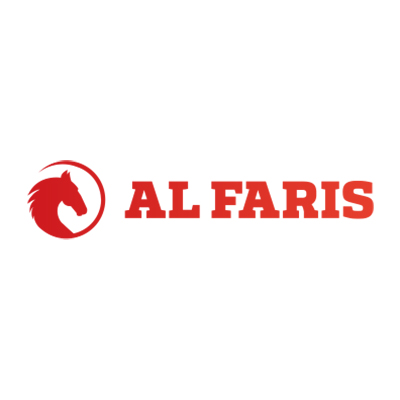
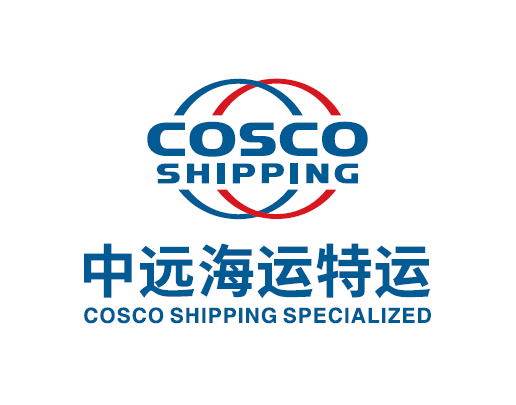
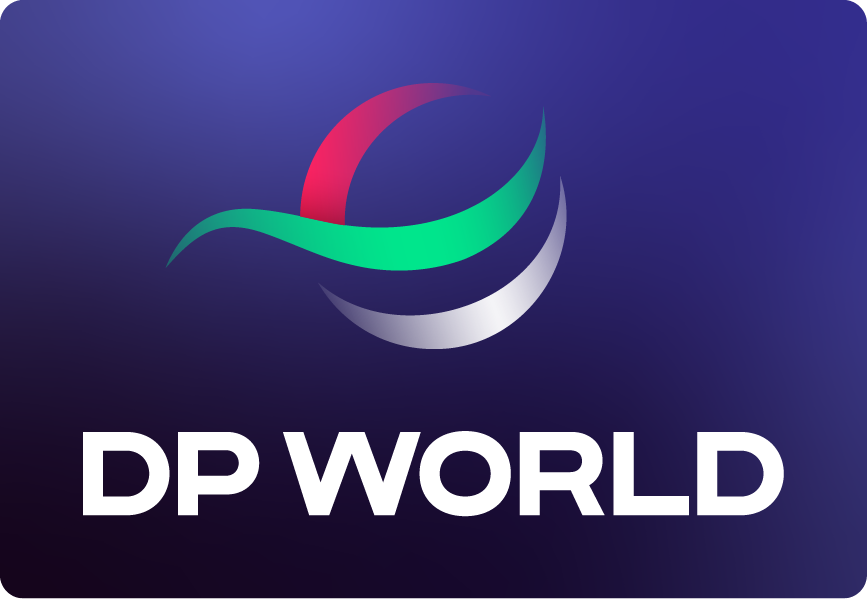
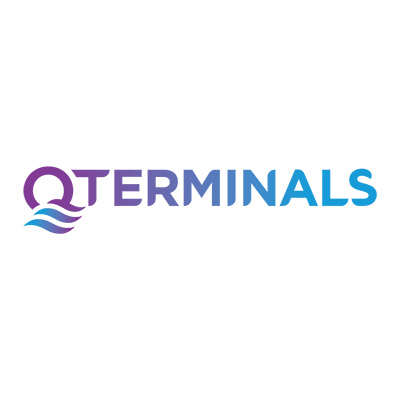
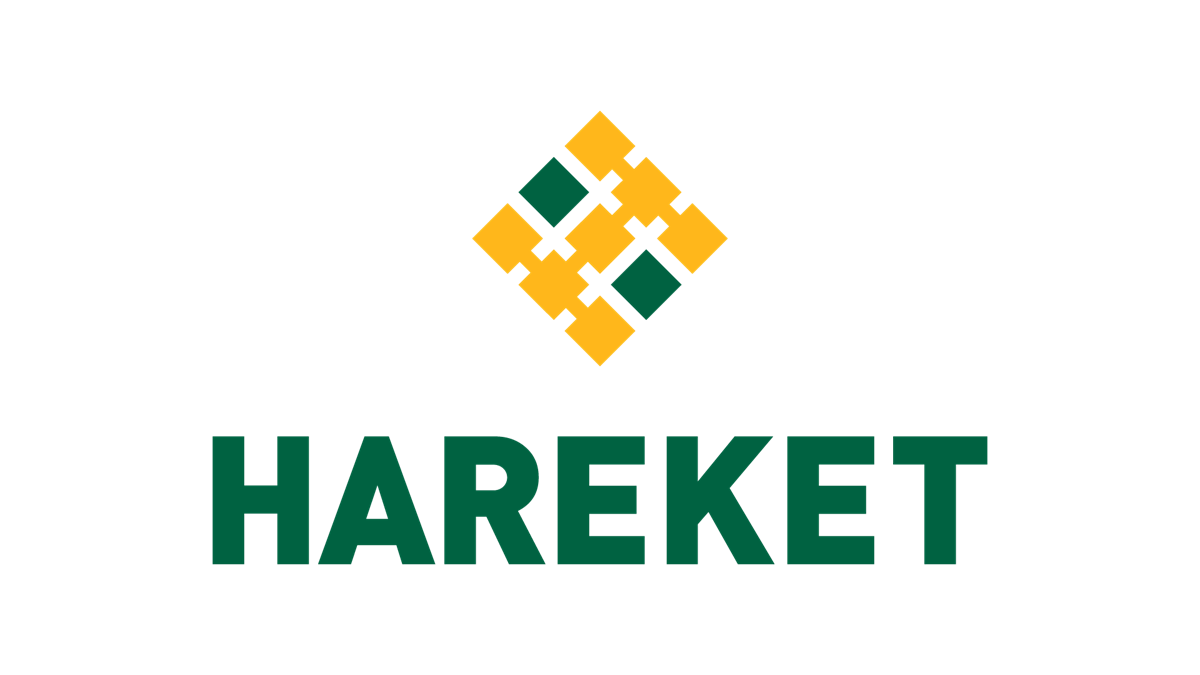

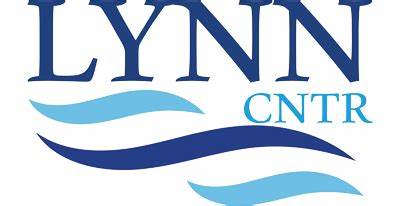
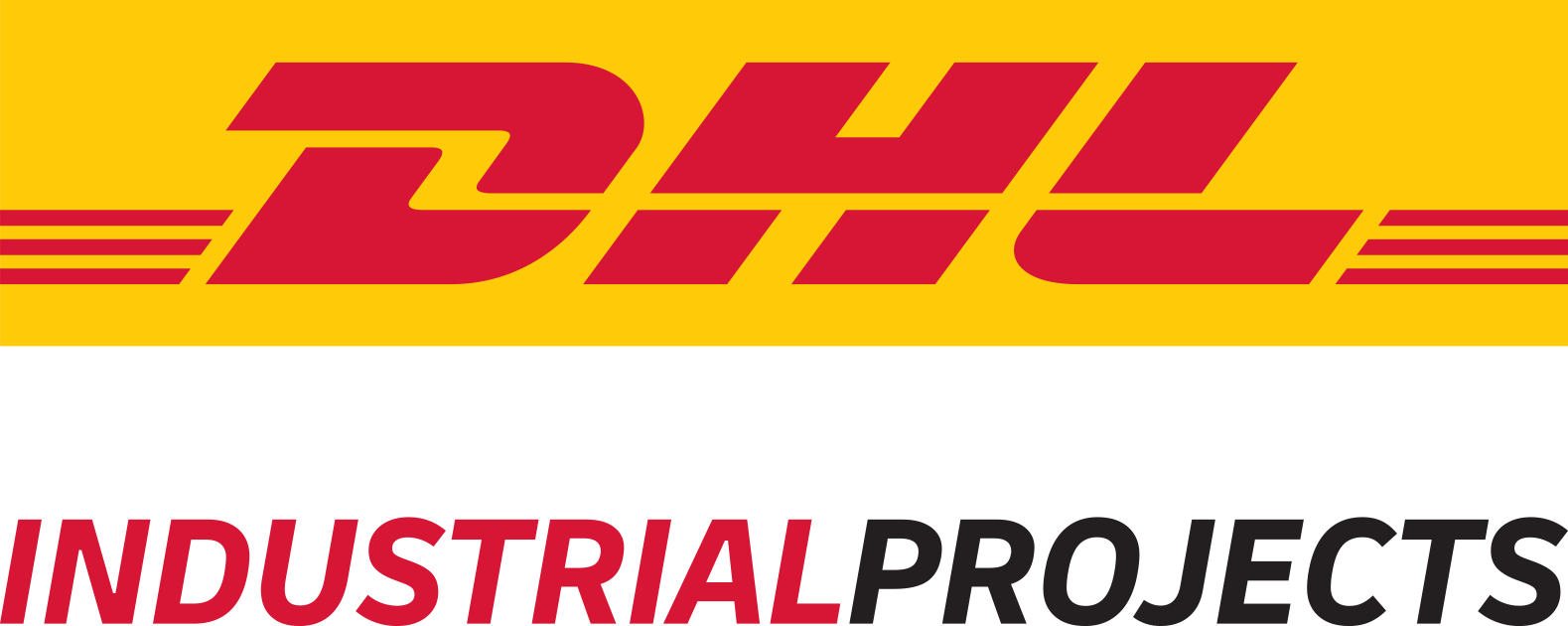

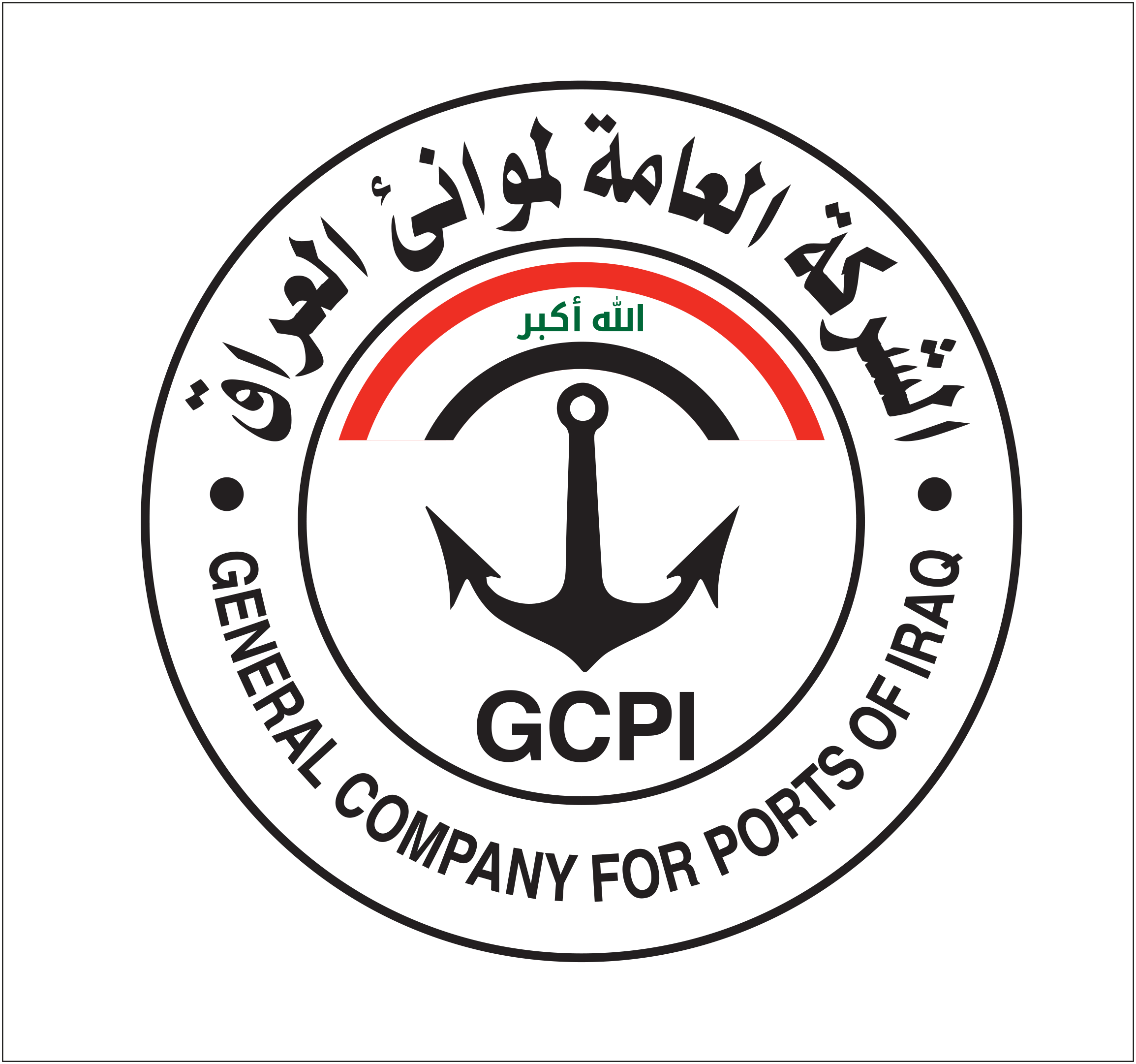
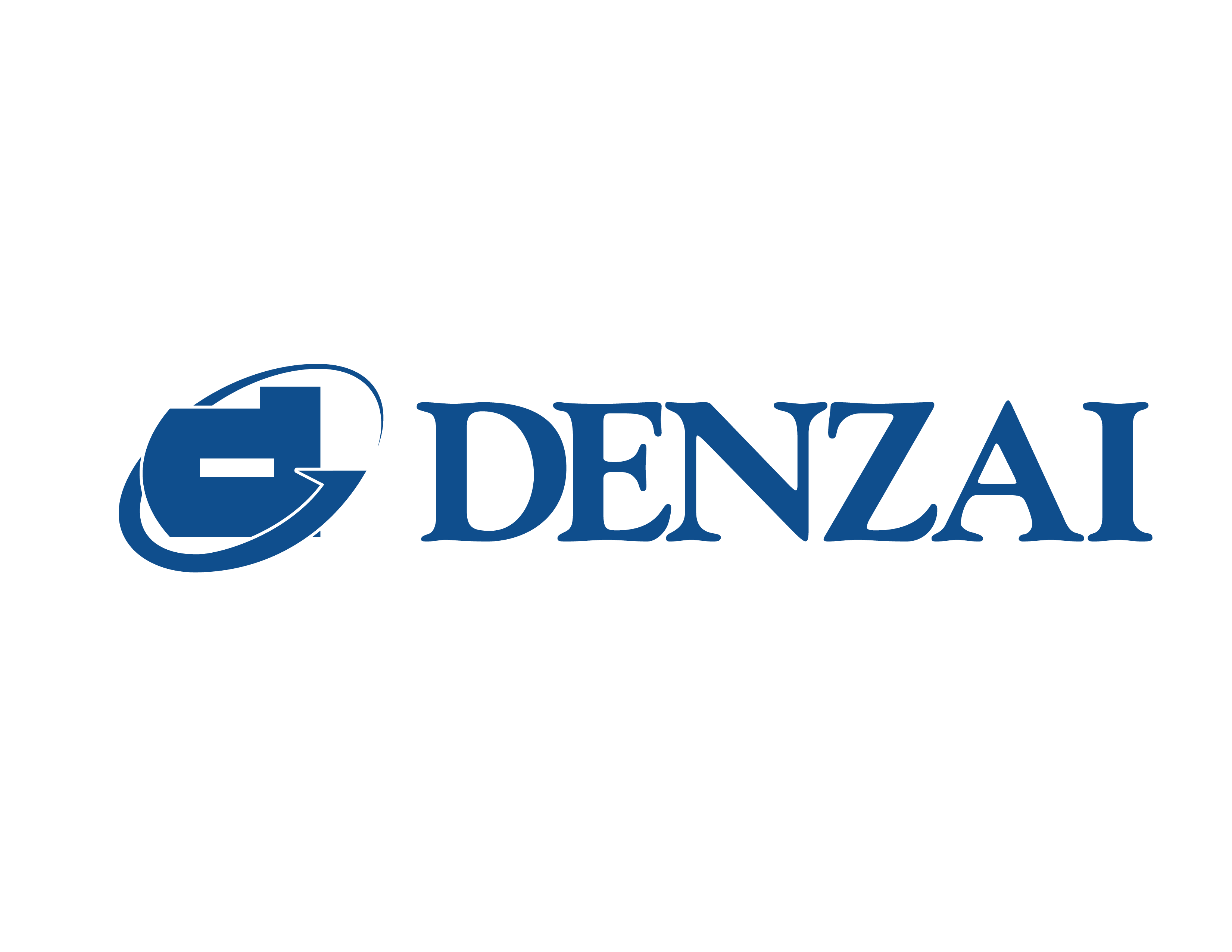

.jpg?ext=.jpg)
_1.jpg?ext=.jpg)
_2.jpeg?ext=.jpeg)
_1.jpg?ext=.jpg)

.jpg?ext=.jpg)
.jpg?ext=.jpg)
.jpeg?ext=.jpeg)
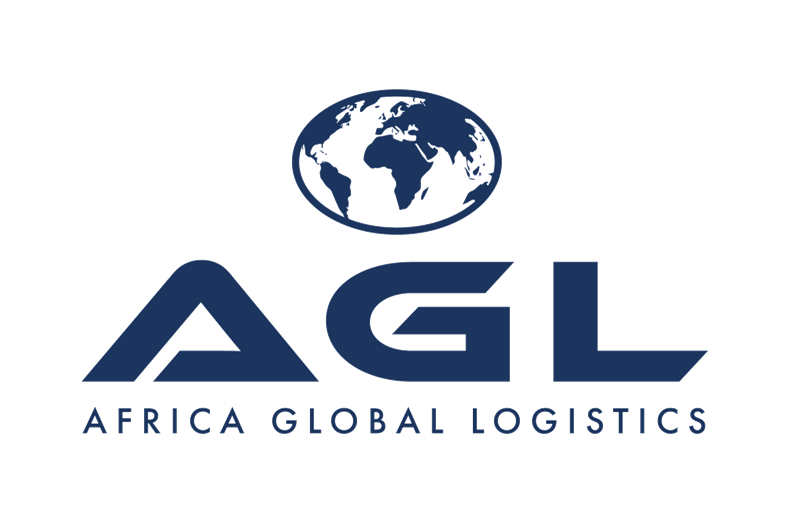


.png?ext=.png)
.png?ext=.png)
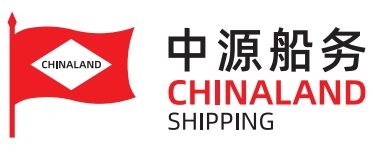
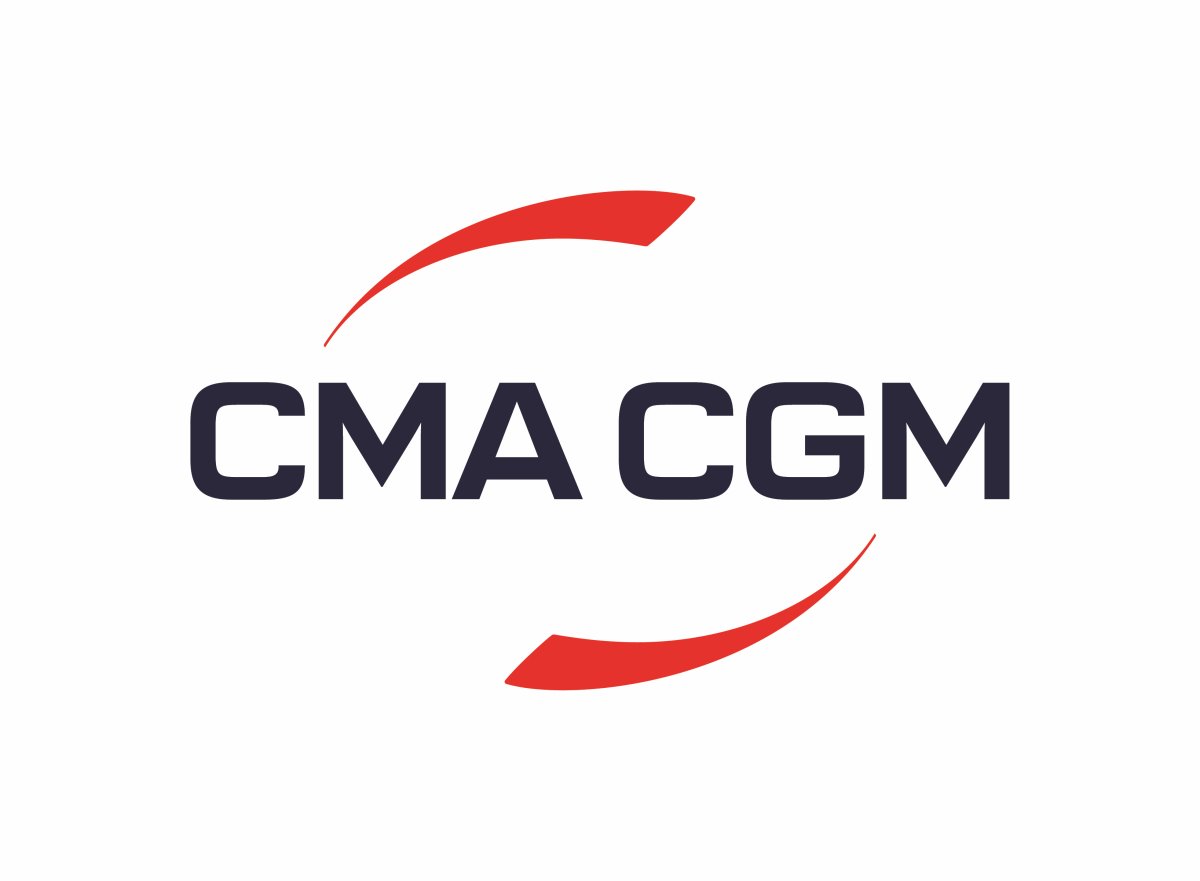
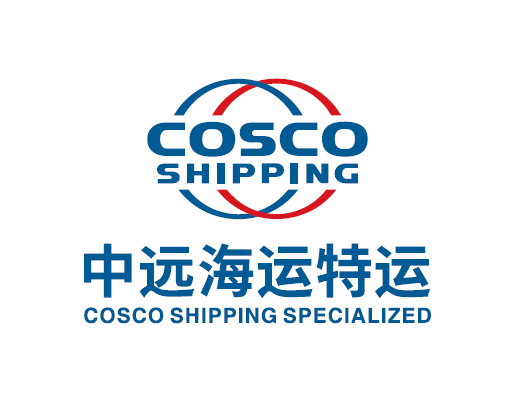

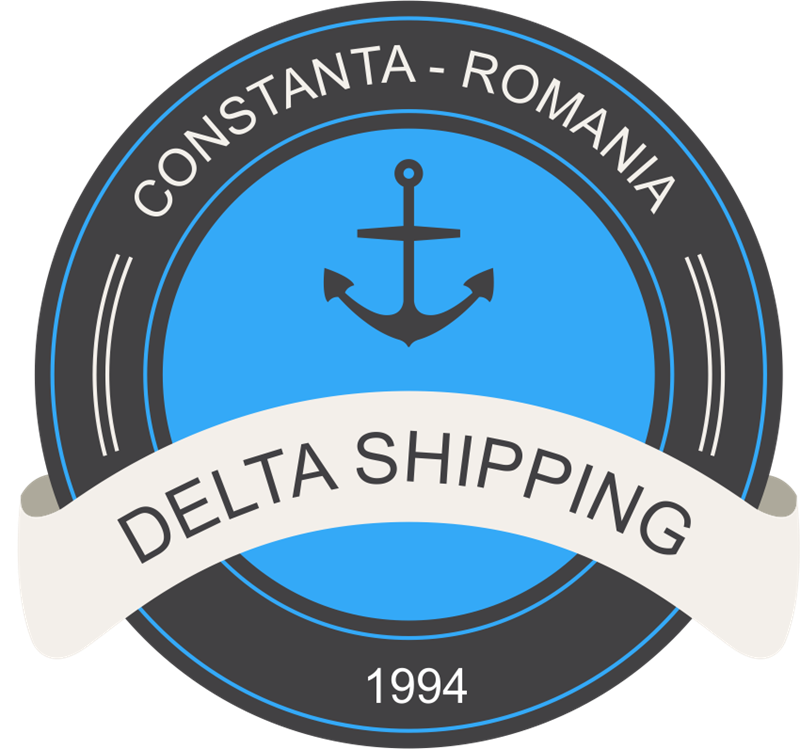

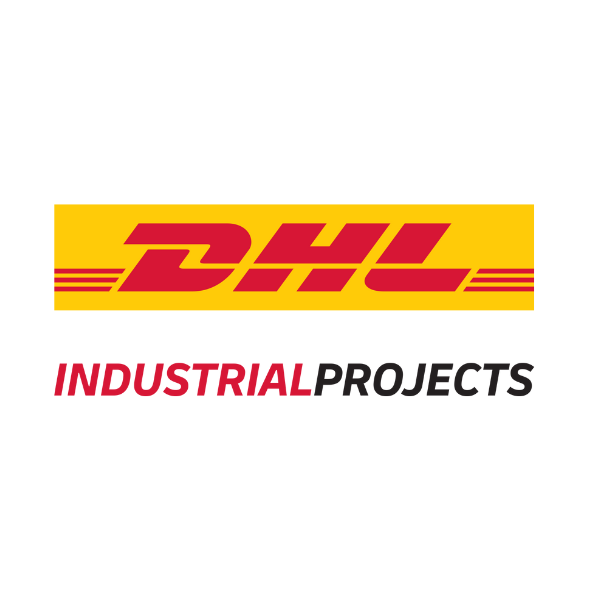
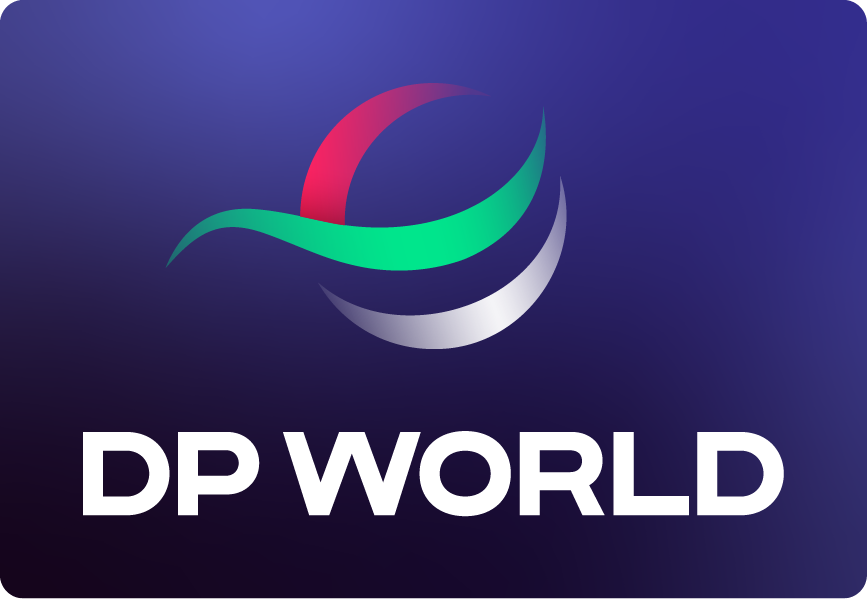


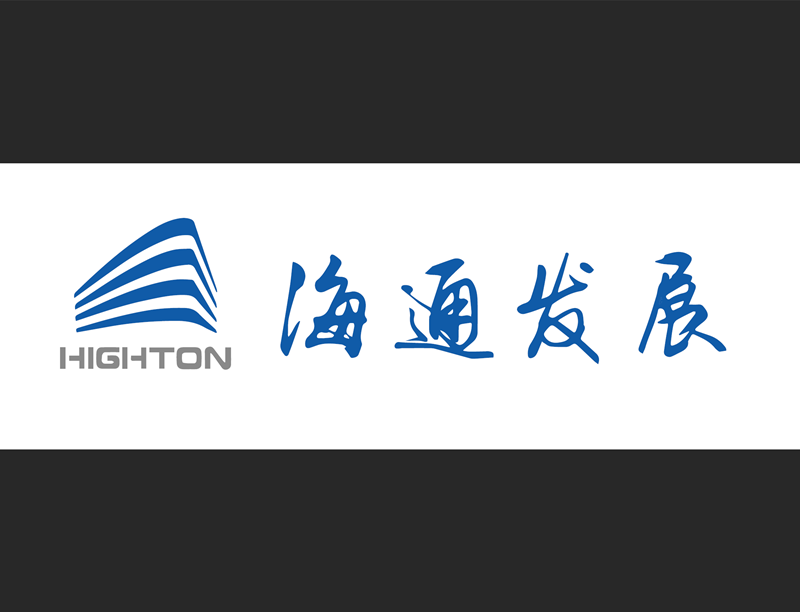
-(1).jpg?ext=.jpg)

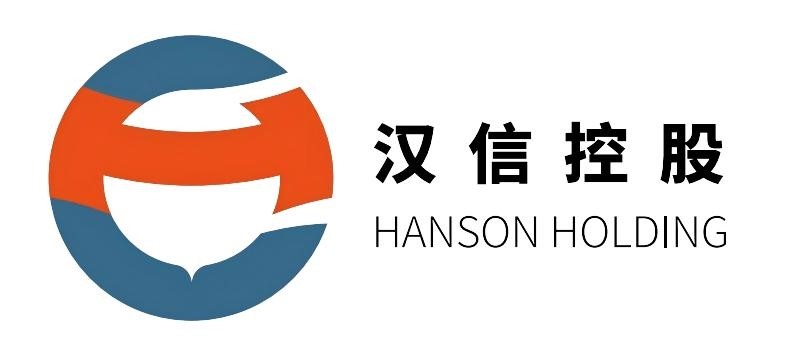
.png?ext=.png)
_2.jpg?ext=.jpg)

